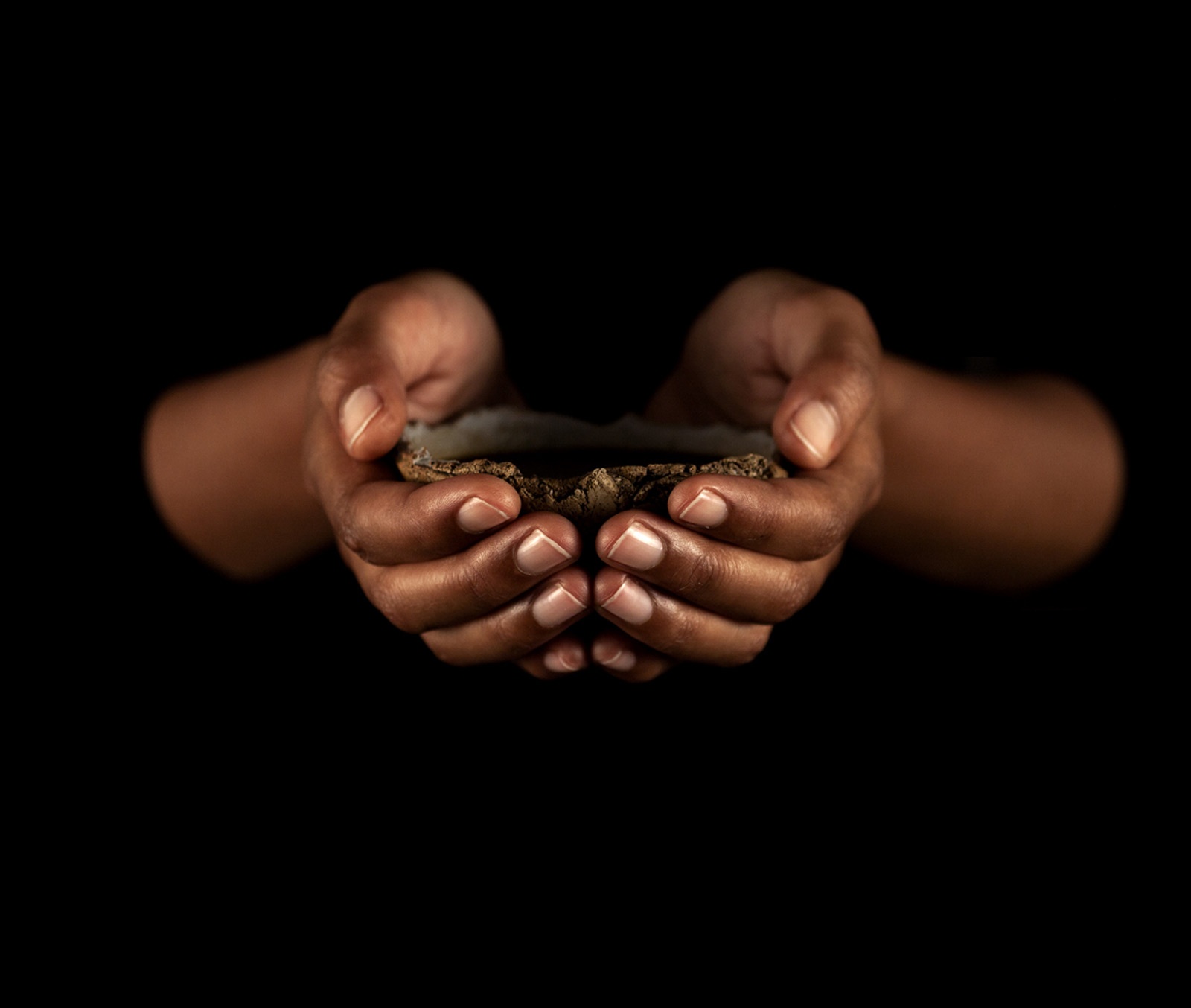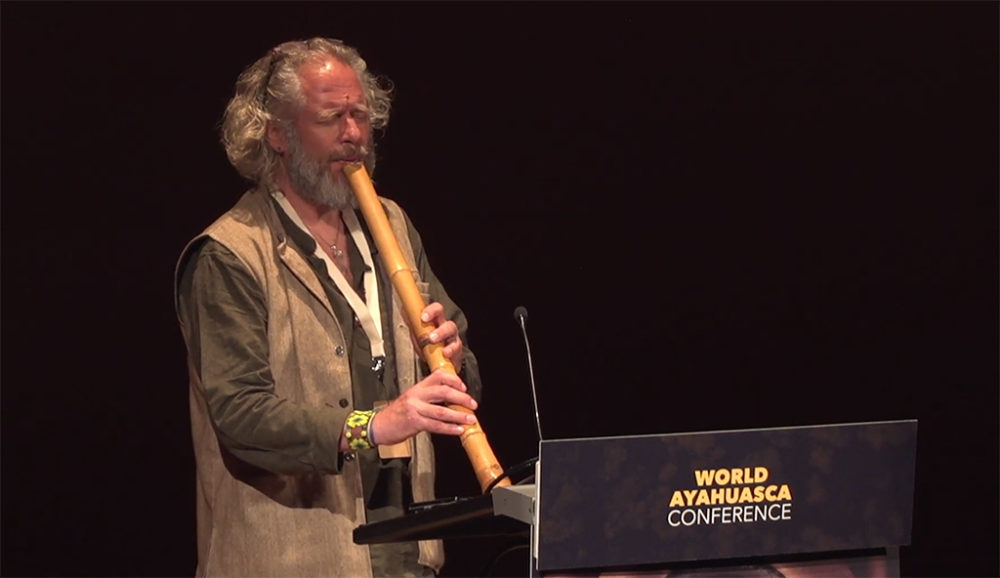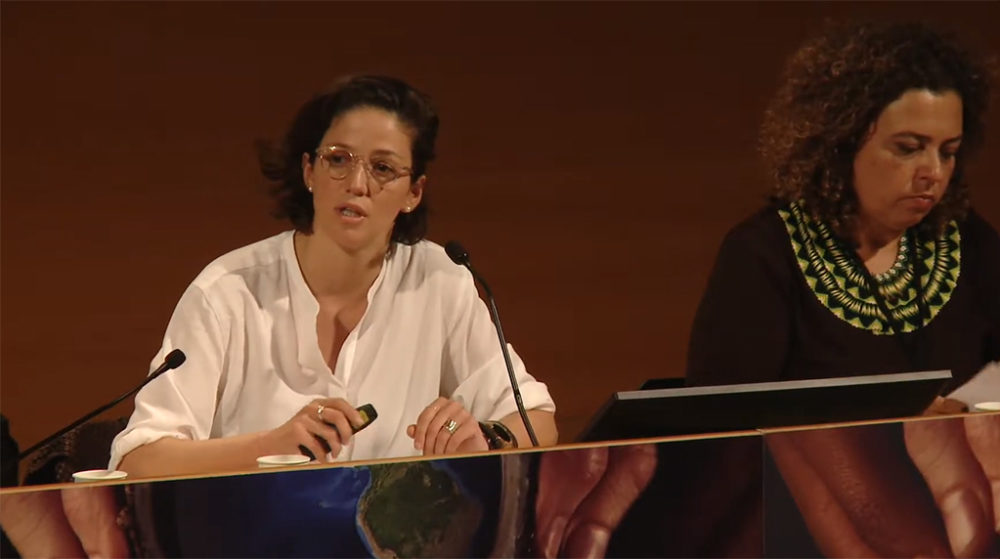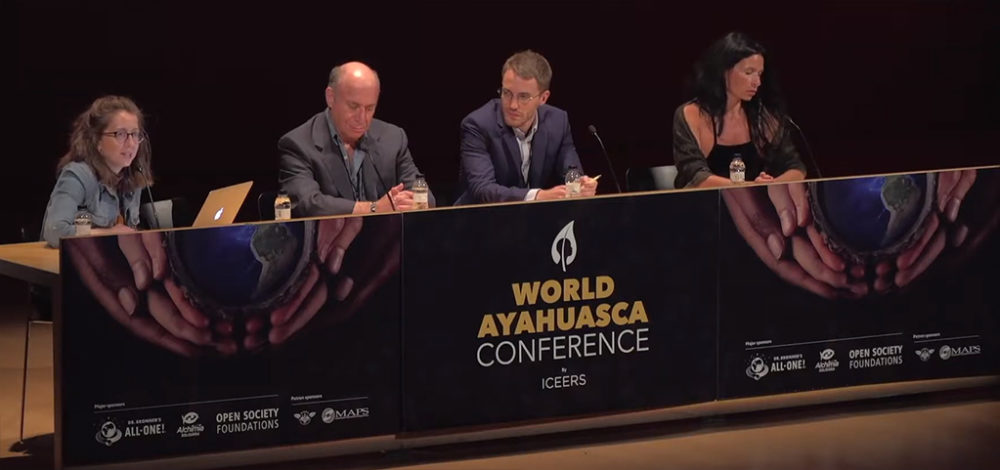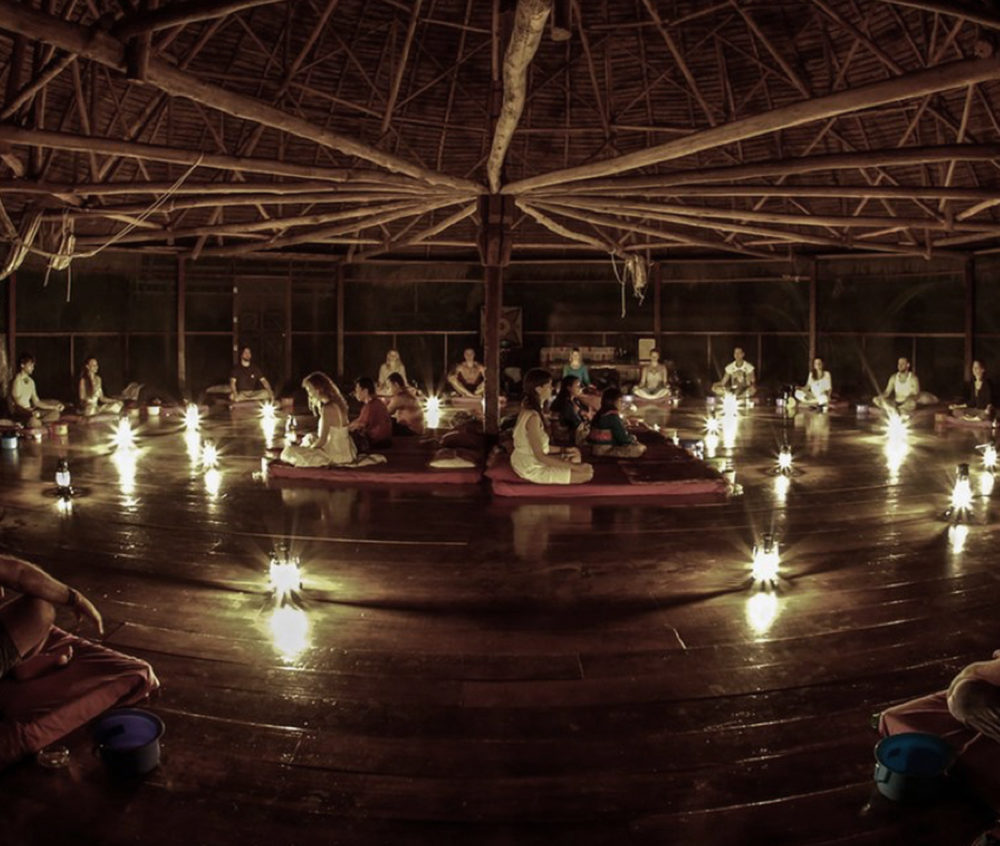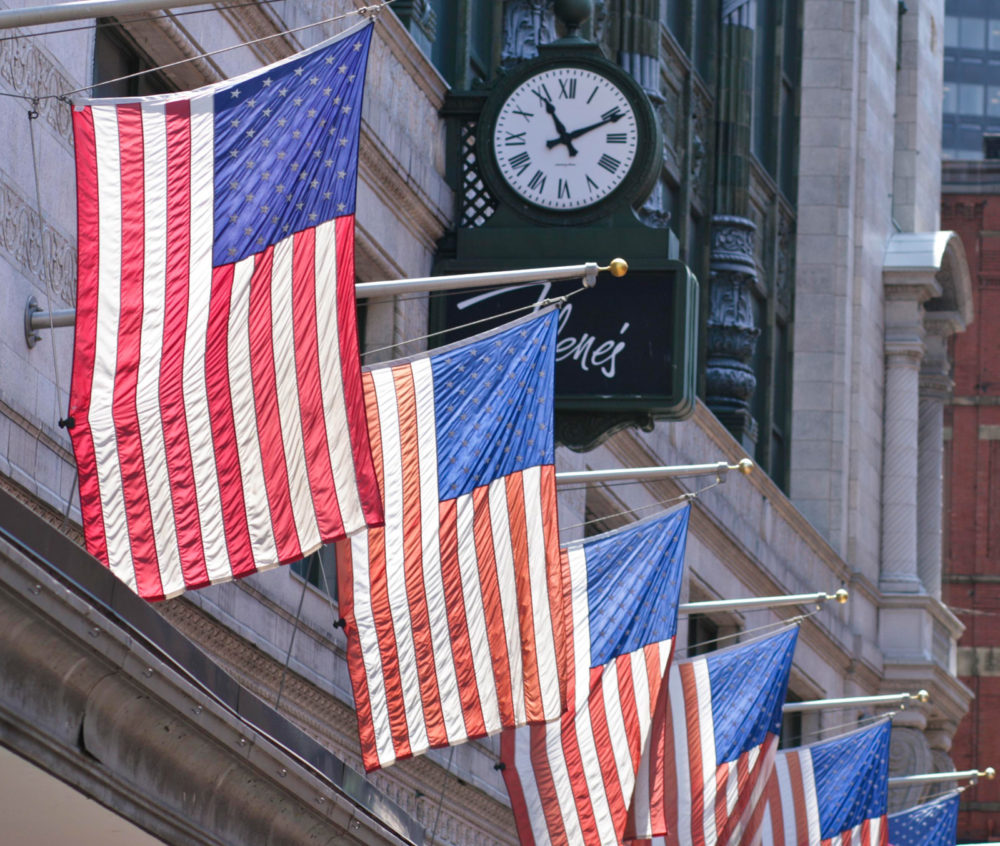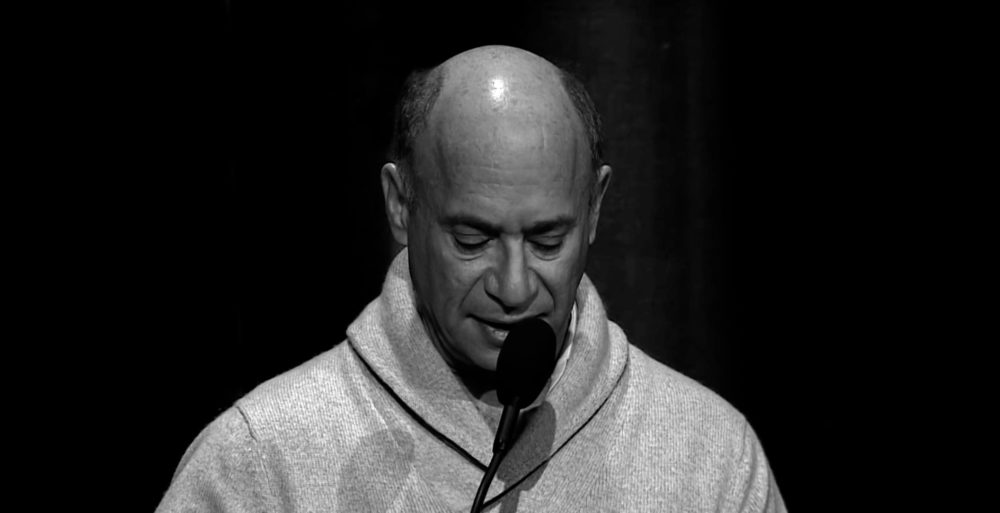In these videos, leading researchers share their knowledge on ayahuasca’s current legal situation. Additionally, they also cover larger issues related to ayahuasca’s journey to public legitimacy, and the challenges associated to its globalization.
Videos by the ADF
The first of our videos was conducted by Jeffrey Bronfman. On May 21, 1999 Jeffrey answered a loud knock on the door of the offices of the União do Vegetal (UDV) church in Santa Fe, New Mexico. He opened the door to encounter more than a dozen armed US Customs Service and FBI agents. They had a warrant to seize all the church’s sacramental hoasca tea (ayahuasca) claiming it was contraband and impermissible to possess and distribute under both US and international law.
This event initiated a legal action where the small church eventually sued the government of the United States for the return of its sacrament and a court order authorizing its religious practice. The legal action occurred over a more than 10-year period, ultimately reaching the Supreme Court of the United States. Finally, it was fully resolved in the church’s favor. In a truly historic precedent setting decision internationally, the UDV ultimately secured its rights through an agreement negotiated with the Drug Enforcement Agency (DEA). Since then, it became a legally registered importer, distributor and manufacturer of an otherwise prohibited substance.
Webinars
This list of webinars include international drug control, law, public policy, and personal and cultural freedoms. Join us in the exploration of how the international drug control regime interacts with and is being influenced by ayahuasca globalization.
In the second webinar in the series, we explore the claims being made by various churches and groups that they can legally use ayahuasca (and other entheogens) in the US.
Moreover, in the next webinars, the ICEERS team compare DMT with ayahuasca and share experiences with protocols and guidelines. The goal is promoting practices where benefits are amplified and risks mitigated. Preparation, screening, dietary rules (biological or cultural meanings?), common problems that arise during and after ceremonies… Training of facilitators, developing emergency plans, financial arrangements, proselytism, advertising, accountability, aftercare, integration…

